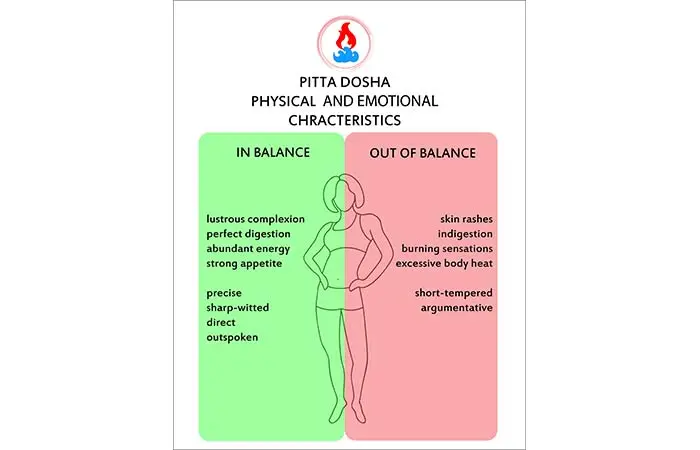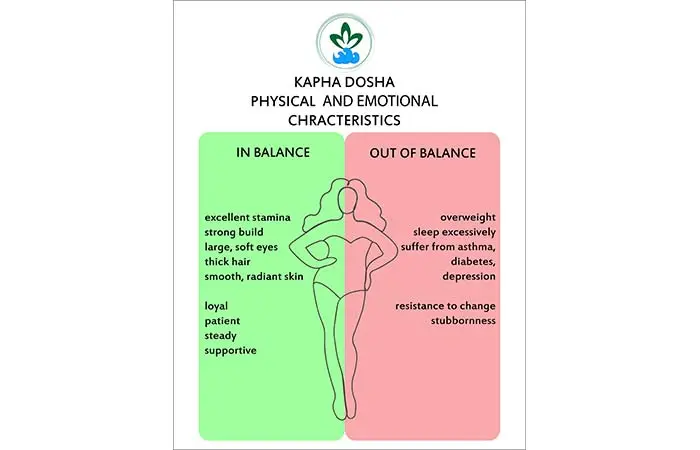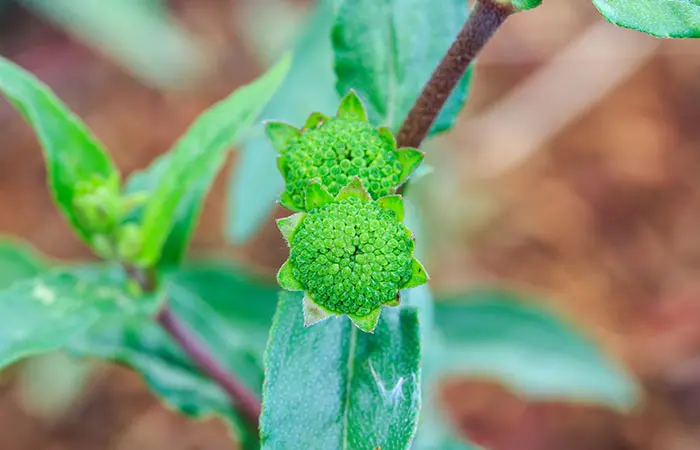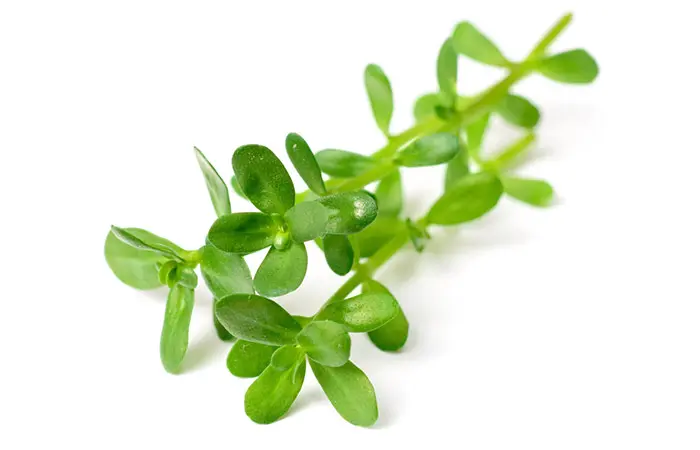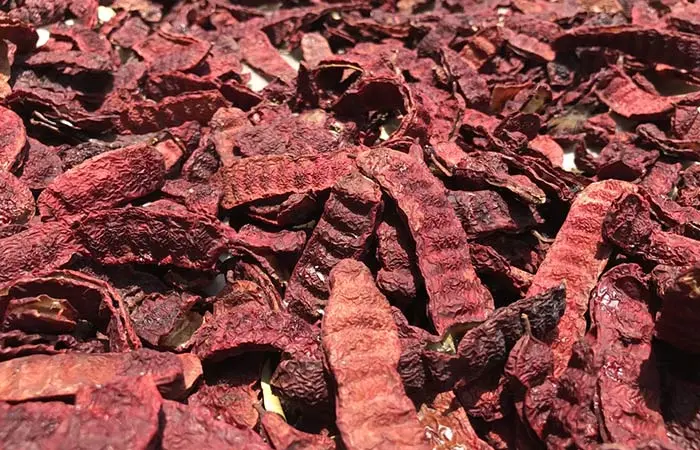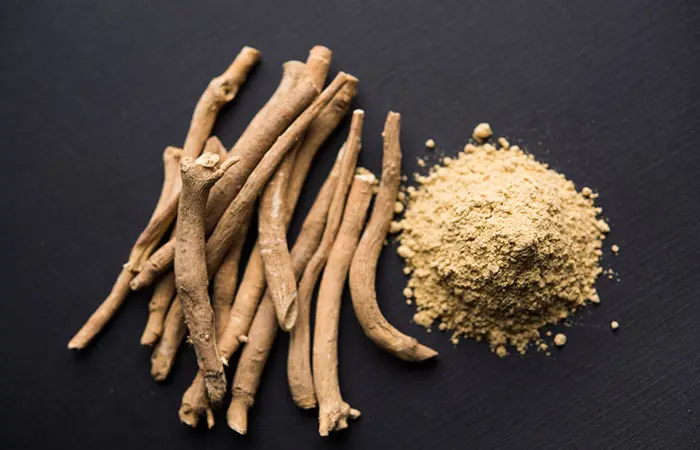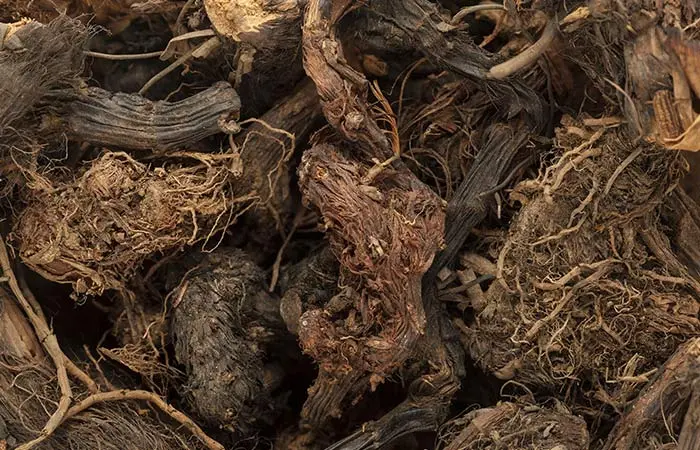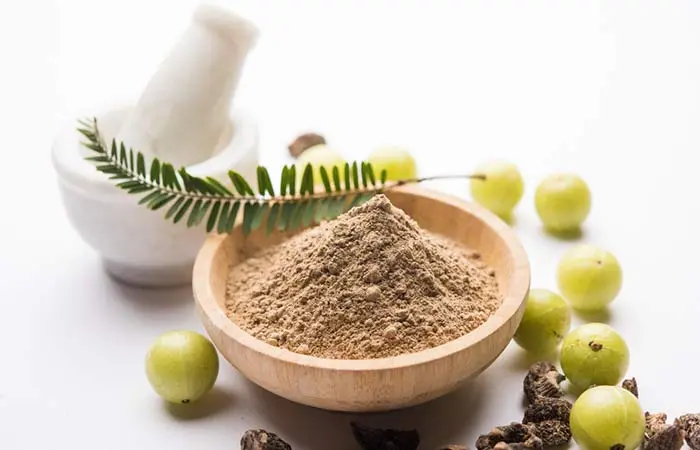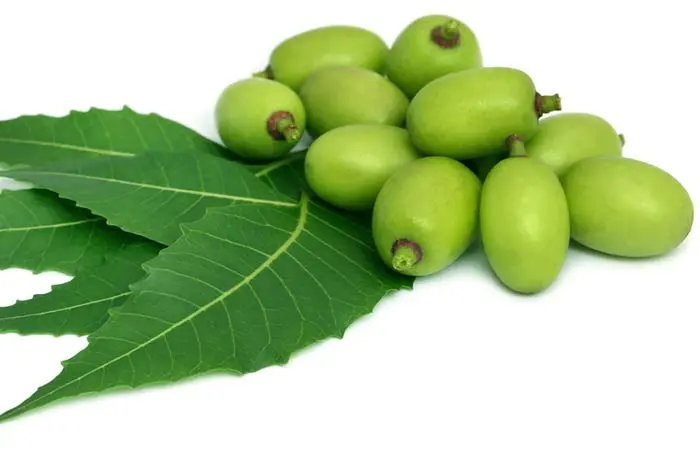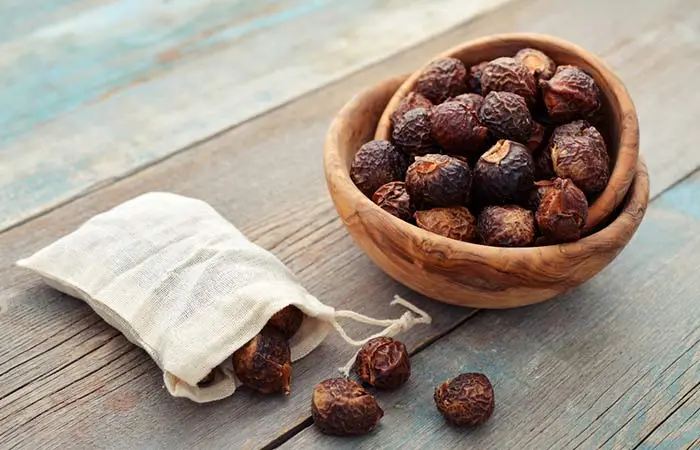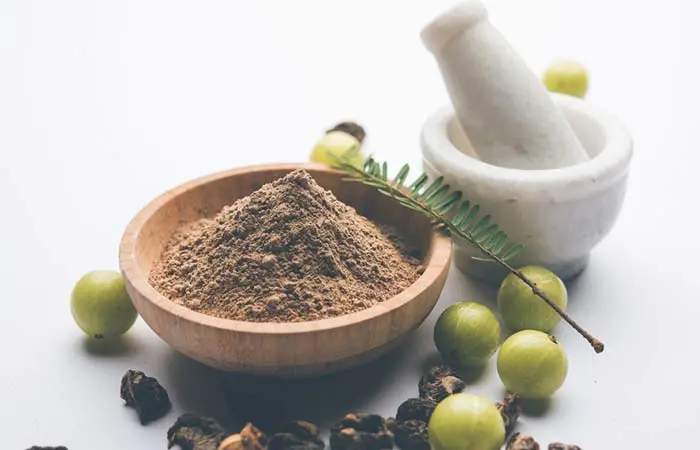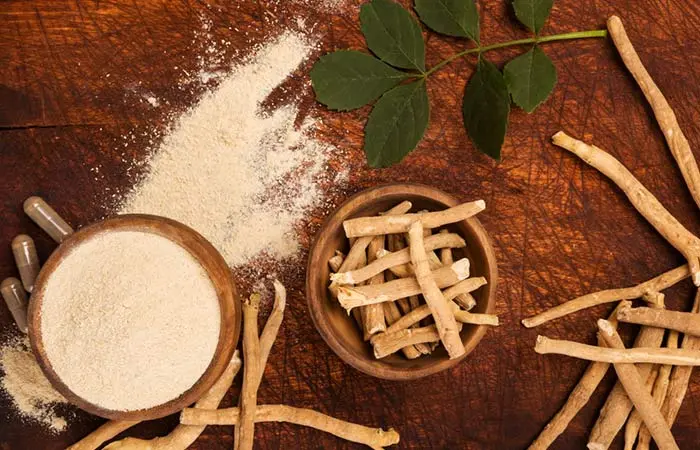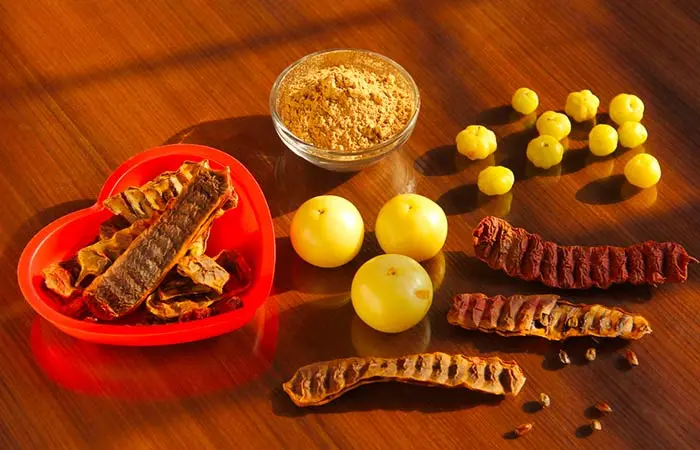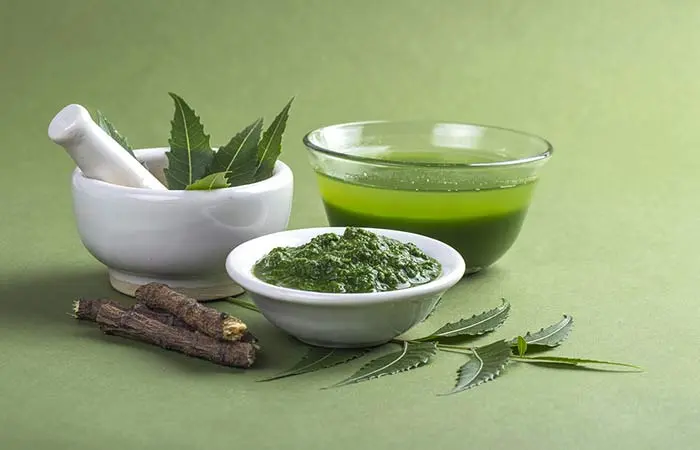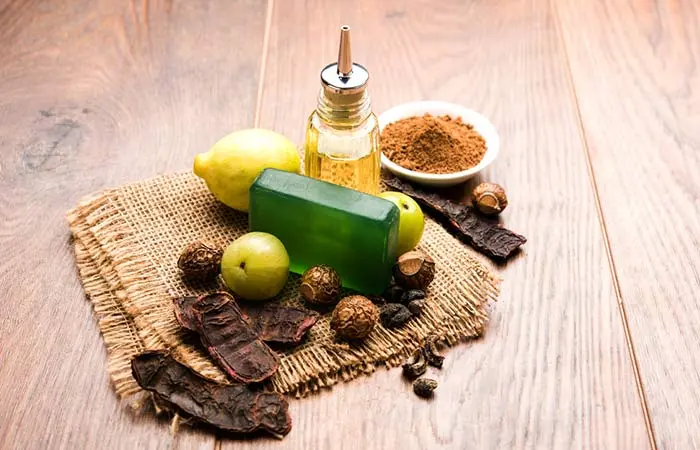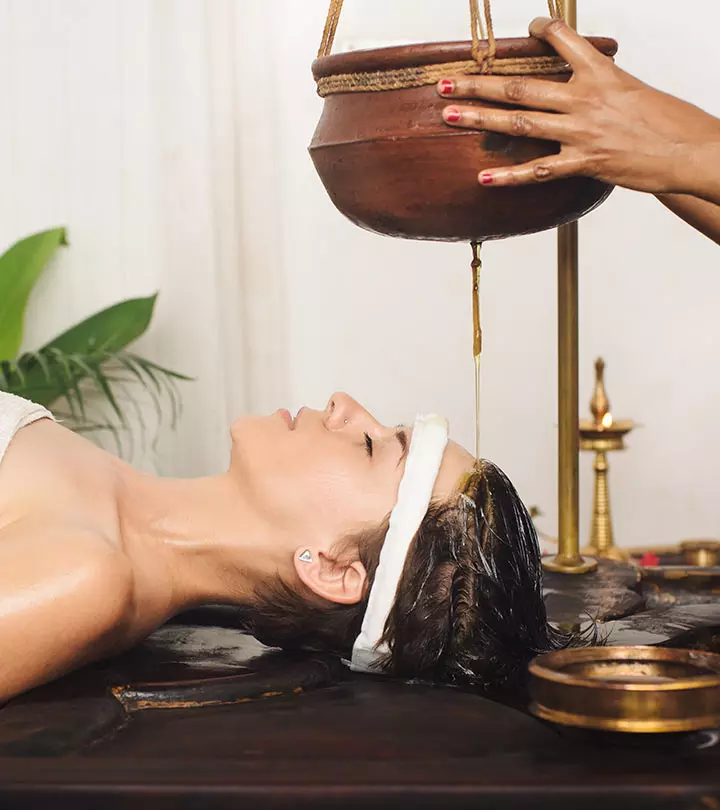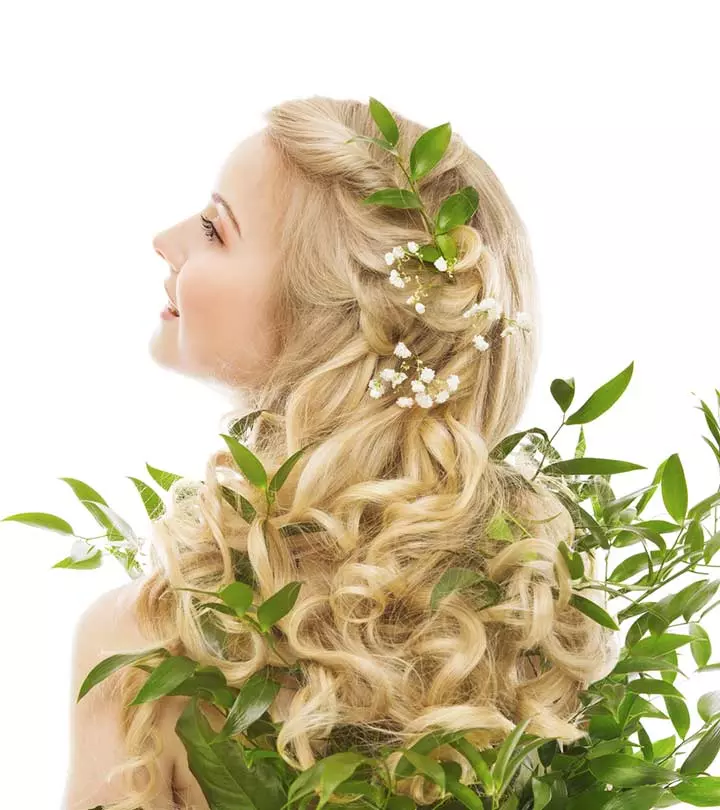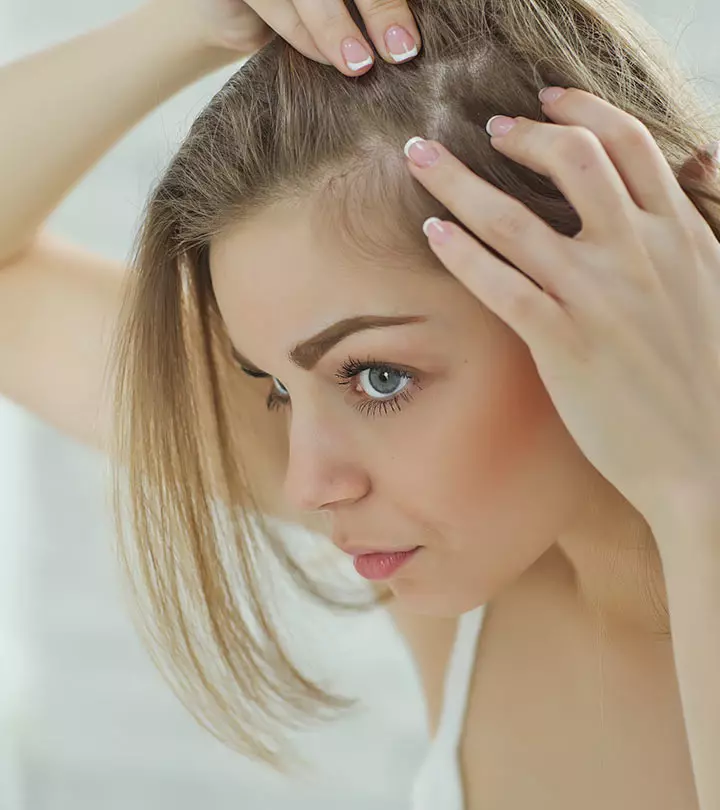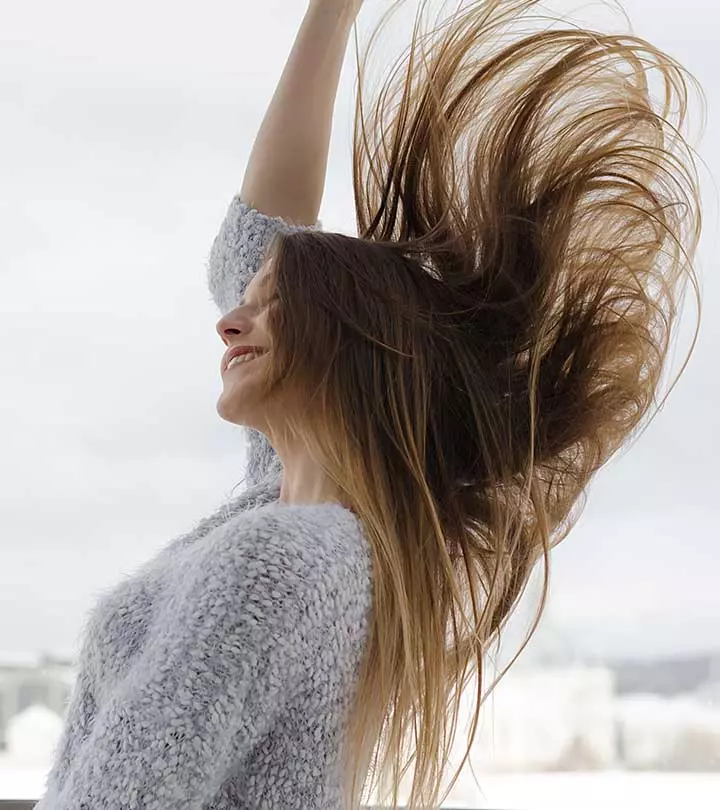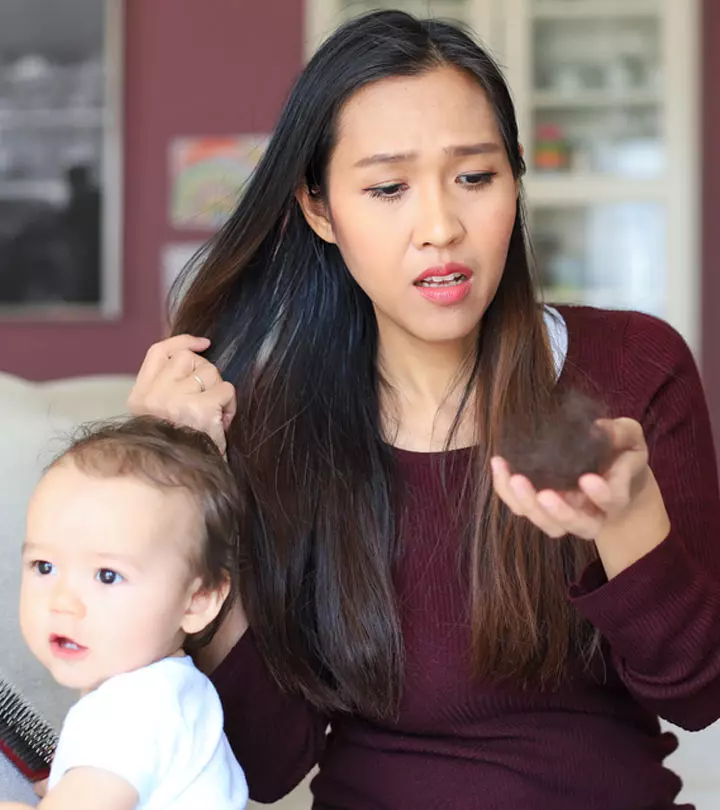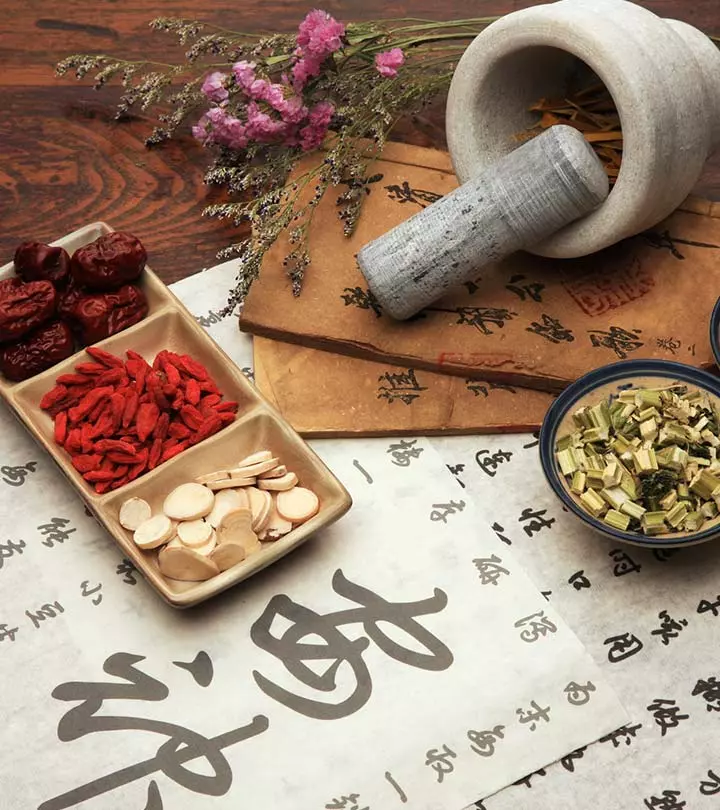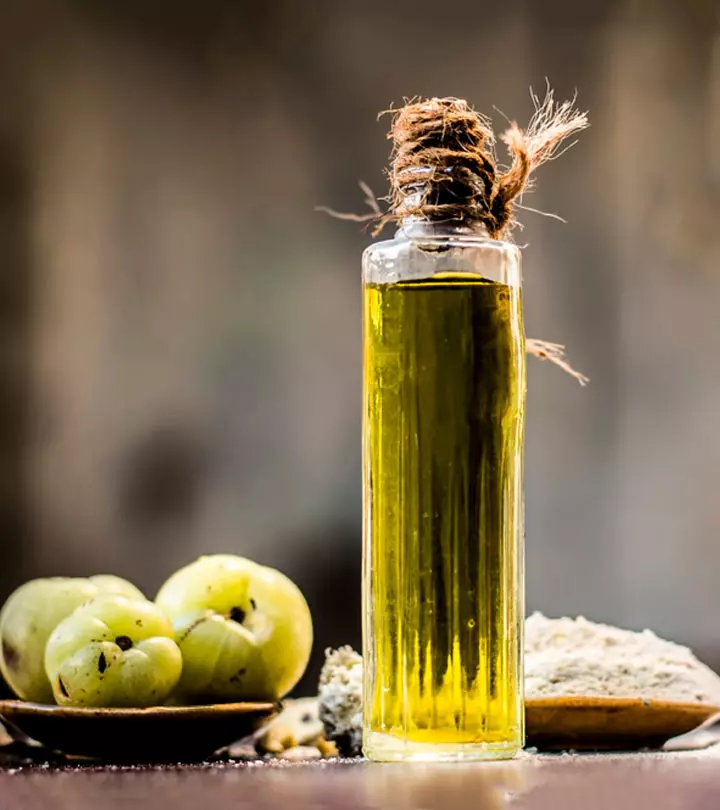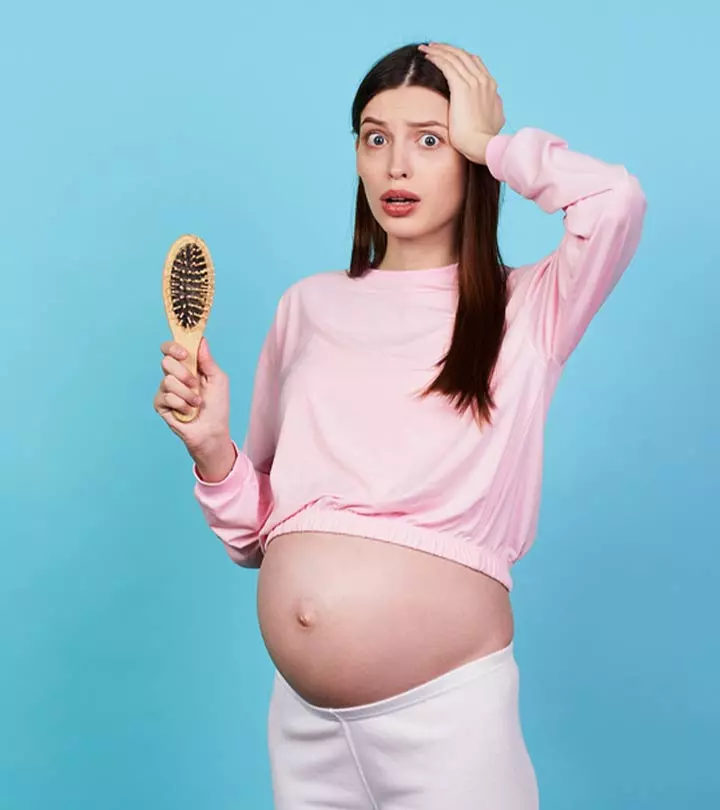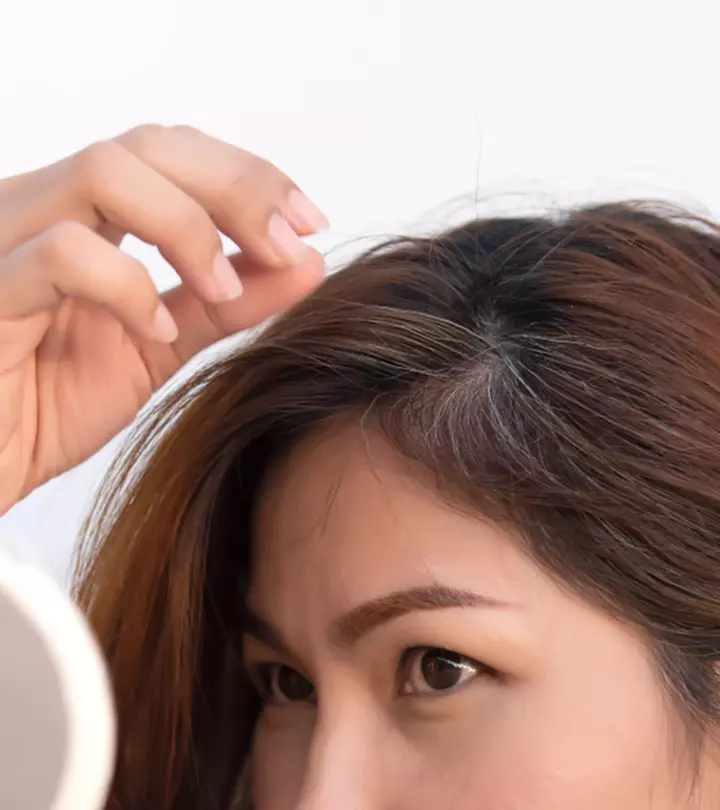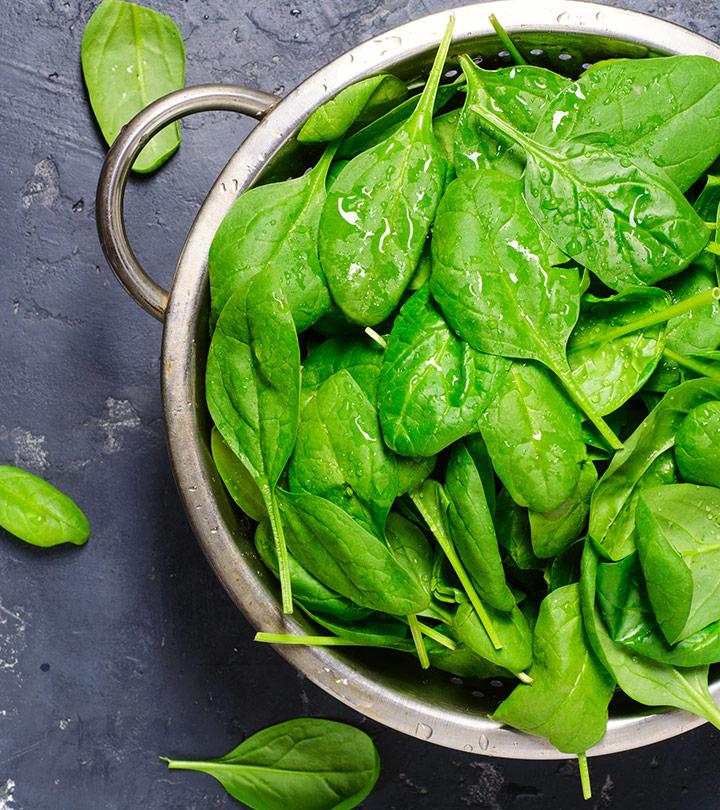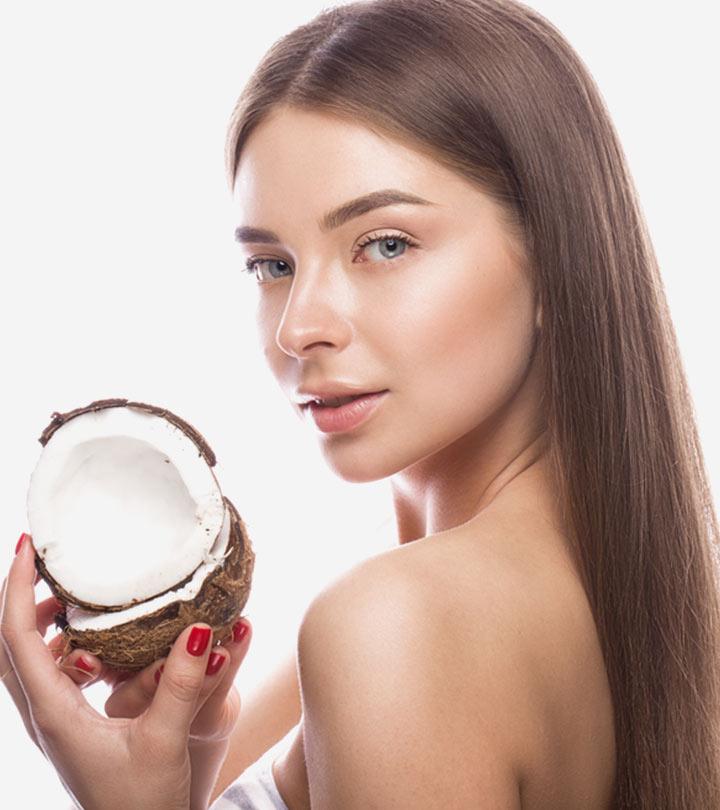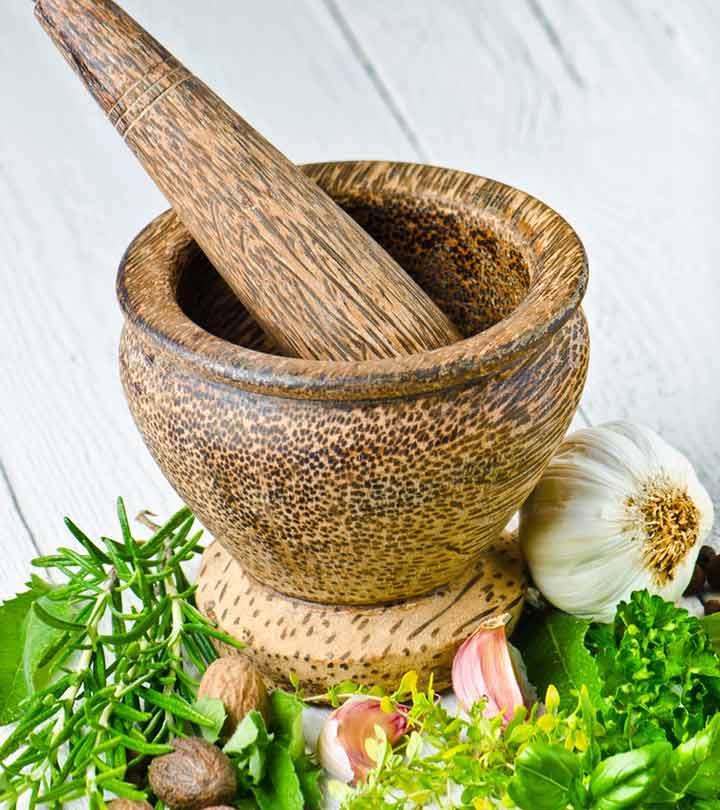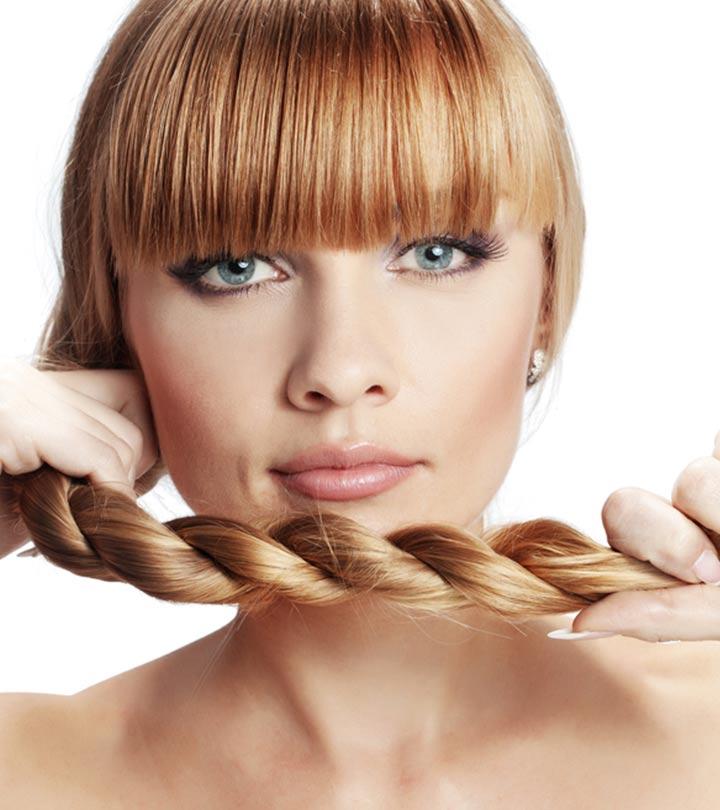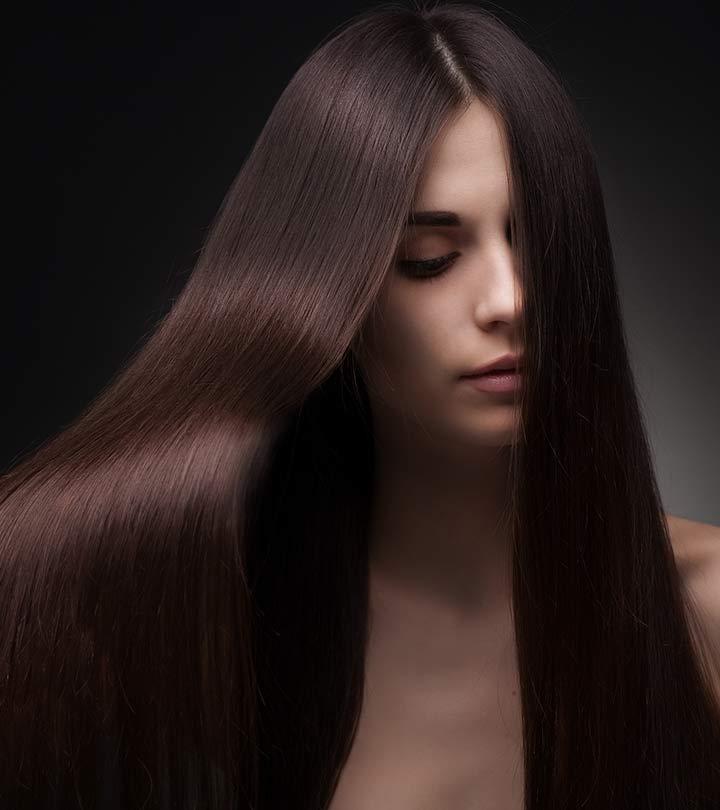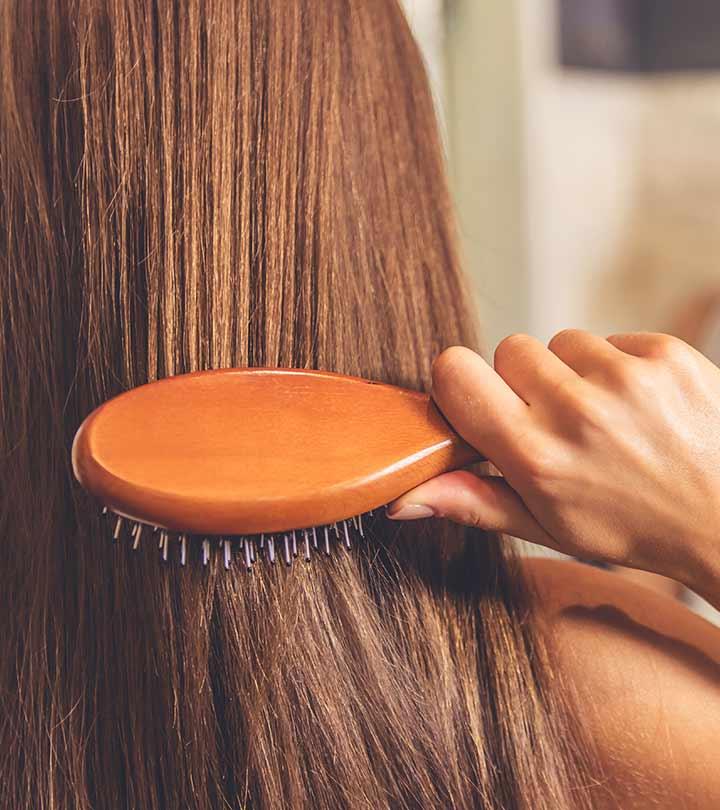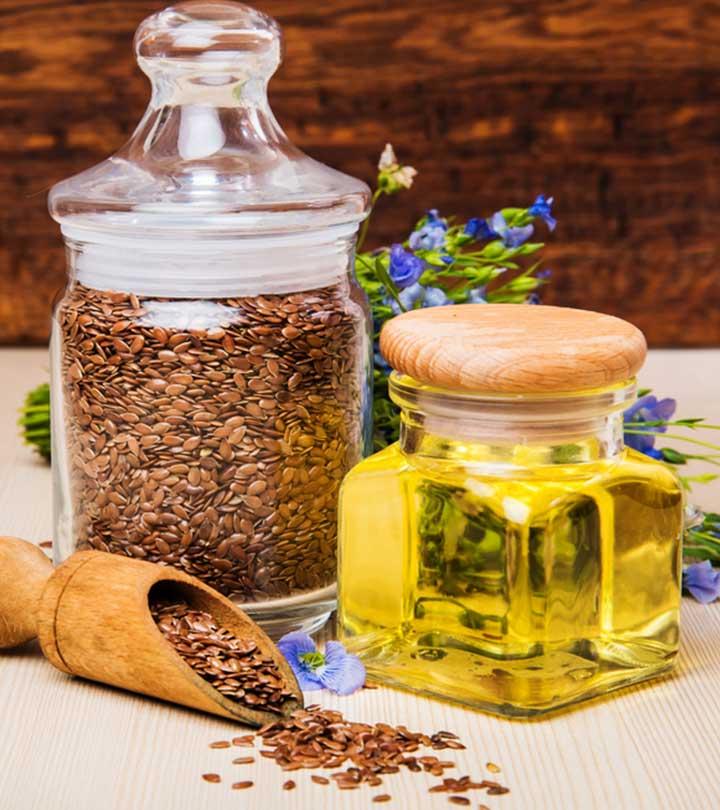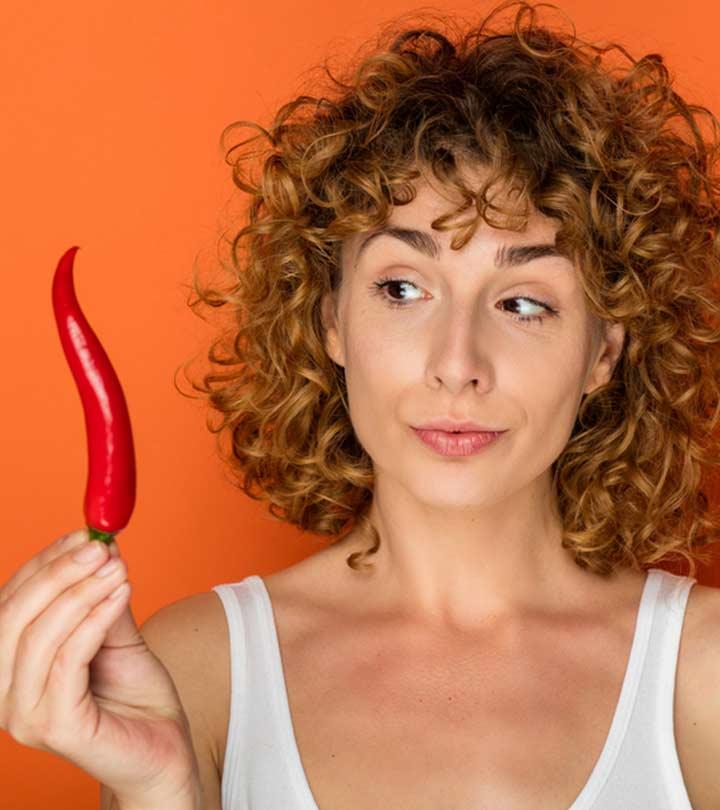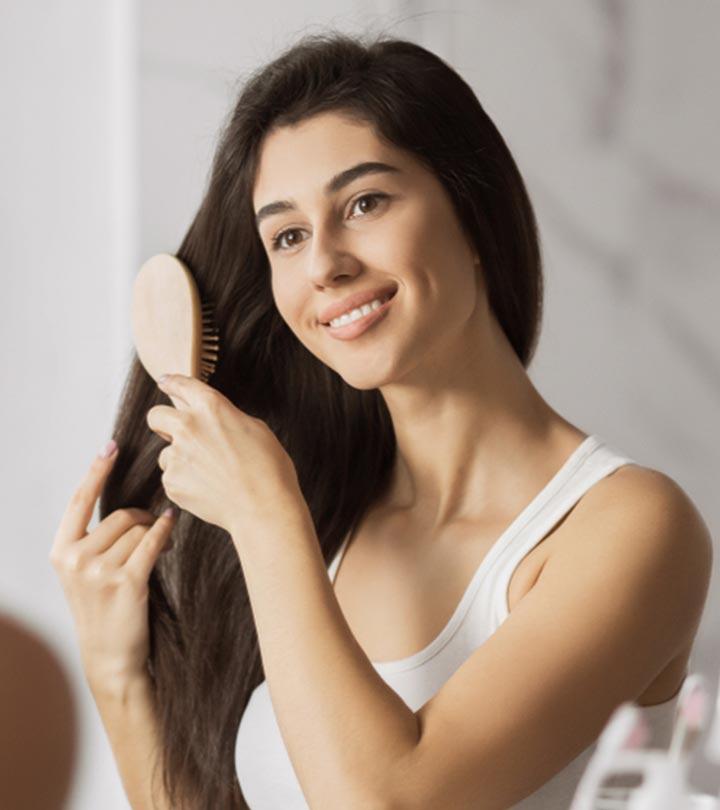8 Ayurvedic Herbs And 6 Ayurvedic Hair Masks For Hair Loss
Use potent concoctions of ancient medicinal ingredients to boost your hair growth.
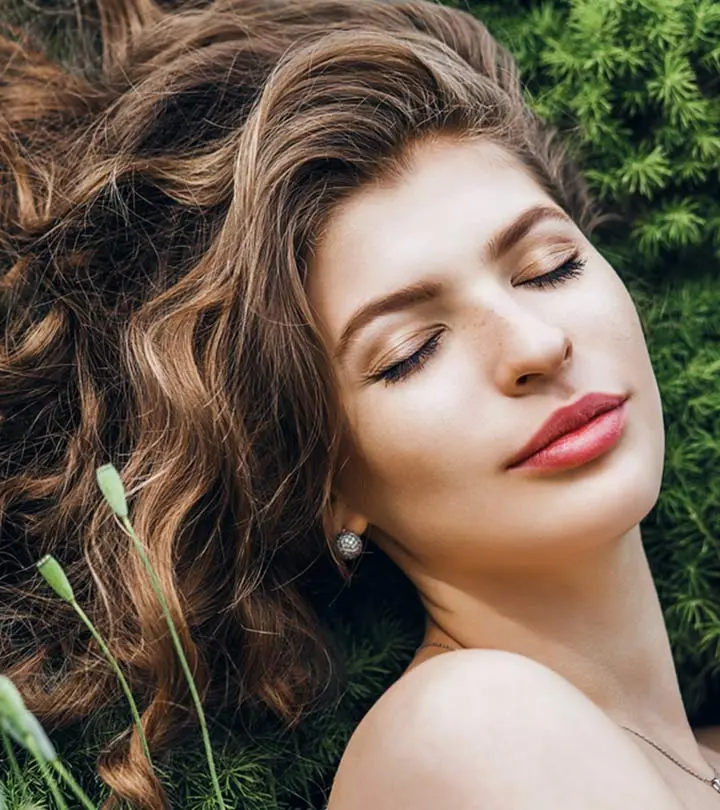
Image: ShutterStock
For centuries many people have followed Ayurvedic tips for hair growth and boasted of the outcome. This article delves into how effective Ayurveda is in stimulating hair growth. It is the world’s oldest comprehensive treatment method, dating back to the 4th century BCE. Ayurveda (Ayur = life, Veda = knowledge) is a Sanskrit word that signifies “knowledge of life” and ”longevity.” There are many Ayurvedic herbs and hair masks to prevent hair loss.
Ayurveda, or ancient Indian medicine, aided us in discovering the benefits of natural ingredients. Many cosmetic companies are incorporating the benefits of Ayurveda into their hair and skin care products, in addition to current science.
Depletion, treatment, feeding, pacification, and purification are the five main phases of Ayurveda. During therapy, it concentrates on three components to remove toxins from the body: Nidana (diagnostic measures), Ahar (food that can be used as preventative medication), and Chikitsa (support and self-care).
Ayurveda has numerous advantages in terms of biological healing and aesthetic objectives. Ayurvedic hair masks, for example, are a popular choice among many women who are experiencing hair loss because they are manufactured with natural components and have been used to treat hair loss since ancient times.
But before we get into the hair masks, let’s go over the three doshas that Ayurveda has identified. Balanced doshas lead to good health, while imbalanced doshas lead to ailments, according to Ayurveda. Prakriti is the body’s inherent dosha balance, while vikriti is dosha imbalance. Hair loss, thinning, broken ends, and dryness are all symptoms of vikriti. Keep reading to learn more!
In This Article
Hair Type According To Dosha Imbalance
Vata Imbalance
- Dry
- Rough
- Frizzy
- Unruly
- Hair loss
- Hair thinning
Causes Of Vata Imbalance
- Stress
- Anxiety
- Smoking cigarettes
- Irregular daily routine
- Excessive consumption of alcohol, coffee, and tea
Pitta Imbalance
- Loss of hair color
- Hair loss
- Hair thinning
Causes Of Pitta Imbalance
- Excessive consumption of alcohol, coffee, and tea
- Stress
- Smoking cigarettes
Kapha Imbalance
- Thick
- Heavy
- Oily
- Coarse
- Lifeless
Causes Of Kapha Imbalance
- Lack of physical exercise
- Cold climate
- Overeating
Now that you know the characteristics of the various dosha imbalances, let’s check out the Ayurvedic ingredients that can help resolve them and promote hair growth.
8 Essential Ayurvedic Ingredients For Hair Growth And Hair Fall Control
1. Bhringraj
Bhringraj means ‘the king of herbs.’ True to its name, it helps promote hair growth (1). It can be used to prevent premature graying and hair loss (2). This herb is commonly available in powdered form and as an oil. Bhringraj is also an antihypertensivei A class of drugs that are used to treat and prevent complications related to high blood pressure. herb. This means that this herbal oil has a calming effect when applied to the scalp, and it helps people with insomniai A common sleep disorder that makes it challenging to fall or stay asleep and can be related to psychological problems. sleep better (3).
2. Brahmi
Brahmi helps with hair strengthening and promotes hair growth (4). It nourishes the roots and promotes new follicle growth. Regular use of brahmi makes hair thick and lustrous. It is also useful in reducing dandruff. Brahmi hair packs help reduce itching on the scalp. When applied regularly, they reduce split ends. They cover the hair follicles with a protective layer, which, in turn, makes hair shiny and thick.
3. Shikakai
Shikakai translates to ‘fruit for hair.’ When combined with water, shikakai forms a slight lather and can be used to cleanse hair effectively. The rich antioxidant content of this ingredient makes it perfect for restoring scalp health and treating hair fall. It reduces dandruff and helps prevent head lice (5). Shikakai does not strip your hair of its natural oils. It reduces dandruff and conditions hair to make it luscious and manageable.
 Quick Tip
Quick Tip4. Ashwagandha
Ashwagandha (or the Indian winter cherry) is an amazing herb for hair regrowth. It is the most commonly used Ayurvedic medicine for hair fall. The hormone corticosterone causes hair loss and slows down hair growth. Ashwagandha, when applied to the scalp, normalizes cortisol levels and curbs hair loss (6). It also boosts antioxidant activity and improves blood circulation in the scalp. It is an excellent remedy for dandruff, and it stimulates the production of melanini A substance that melanocytes produce on the skin's surface which helps the pigmentation of the skin. , which is essential for hair growth.
5. Jatamansi
Jatamansi (known as spikenard in English) is a small shrub. It has been used in Ayurvedic remedies since ancient times. Studies have shown that its crude extracts result in positive hair growth. Its rhizome is used in medicines to promote hair growth (7).
6. Amla
Amla (also known as Indian gooseberry) is an edible fruit. It is extensively used in Ayurvedic remedies for hair-related issues. Regular use of amla results in enhanced production of red blood cells. It improves hair growth, reduces dandruff, and prevents premature graying. It is often taken as a tonic to get healthy, thick, and long hair (8).
 Did You Know?
Did You Know?7. Neem
Neem is native to the Indian subcontinent and renowned for its healing properties. It is popularly used in shampoos and oils to increase hair growth. Studies show that neem is an excellent antibacterial agent that fights fungi like trichophyton (a fungus that infects hair, skin, and nails) and Microsporum (a ringworm that invades hair and skin). It also helps in killing head lice (9), (10).
8. Reetha (Soapnut)
Soapnut (also known as soapberries, washing nuts, wash shells, and soapberry nut husks) is one of the most popular herbs in Ayurveda. In olden days, people used it to shampoo their hair because of the delicate foam it produces (11). It keeps your hair long and healthy and alleviates dandruff and head lice. It has antibacterial and antifungal properties, making it a potent ingredient in anti-dandruff shampoos and hair masks (12).
A blogger shared that she likes to use Ayurvedic herbs as an alternative to shampoo. She states in one of her blog posts, “My favourite powders to use for shampooing are Shikakai, Amla, Reetha, and Ziziphus Spina Christi.” She mixes all these powders to get a smooth paste and adds, “I like to add a tsp of apple cider vinegar and a tbsp of honey to increase shine and moisture (i).”
Taking these herbs into consideration, we have compiled the best Ayurvedic hair masks that will work wonders on your hair.
Best Ayurvedic Hair Mask To Curb Hair Fall
1. Bhringraj And Amla Hair Mask
You Will Need
- 2 tablespoons bhringraj powder
- 1 tablespoon amla juice
Processing Time
10 minutes
Method
- Blend 1 tablespoon of amla juice with 2 tablespoons of bhringraj powder to get a paste. You can add some water if the paste is too thick.
- Apply the paste to your scalp and hair and leave it on for 20 minutes.
- Wash it off with plain water or a mild shampoo.
How Often?
Thrice a week.
2. Brahmi And Ashwagandha Hair Pack
You Will Need
- 1 tablespoon ashwagandha powder
- 1 tablespoon brahmi powder
- Milk
Processing Time
10 minutes
Method
- Mix the ashwagandha and brahmi powders with some milk to make a semi-thick paste.
- Massage this mixture onto your scalp and leave it on for 30 minutes.
- Wash it off with a mild shampoo or just plain lukewarm water.
How Often?
Twice a week.
3. Shikakai And Amla Powder Hair Pack
You Will Need
- 1 1/2 tablespoons shikakai powder
- 1 tablespoon amla powder
Processing Time
10 minutes
Method
- Blend both the powders with lukewarm water to make a semi-thick paste
- Apply the paste to your hair and scalp.
- Let it sit for 30 minutes and wash it off with water.
How Often?
Thrice a week.
4. Neem And Bhringraj Hair Pack
You Will Need
- A handful of neem leaves
- Bhringraj leaves
Processing Time
10 minutes
Method
- Blend the neem and bhringraj leaves with water to make a thick paste.
- Apply the paste all over your scalp.
- Leave it on for 2 hours.
- Wash it off with plain water
How Often?
Once a week.
5. Amla, Reetha, And Shikakai Hair Pack
You Will Need
- 2 tablespoons amla juice
- 1 tablespoon reetha powder
- 1 tablespoon shikakai powder
- 2 tablespoons rosewater or plain water
Processing Time
15 minutes
Method
- Combine all the ingredients in a cup to create a fine paste.
- Apply the paste all over your hair and scalp.
- Let it sit for 30 minutes.
- Rinse it off with water.
How Often?
Twice a week.
6. Neem, Amla, And Henna Hair Pack
You Will Need
- 10-12 amla leaves
- 15 neem leaves
- 10-15 henna leaves
- 2 tablespoons of curd
Processing Time
20 to 30 minutes
Method
- Sun-dry neem, amla, and henna leaves for 2 days.
- Ensure that the leaves are dried out completely.
- Blend all the leaves into powders in a blender.
- Take the powders in equal proportion.
- Add curd to this mixture and mix it well. (You may also use water instead of curd)
- Apply this mixture to the scalp and through the hair.
- Leave it on for 1-2 hours.
- Rinse it off with a mild shampoo.
How Often?
Once or twice a week
Infographic: 5 Healthy Ayurvedic Hair Masks To Stop Hair Fall
Ayurveda has been in use for centuries to treat a myriad of issues related to scalp and hair. The ancient system of treatment involves natural bioactives known to offer lasting results. In the following infographic, we have listed 5 effective Ayurvedic hair masks that can potentially help reduce hair fall. Take a look.

Illustration: StyleCraze Design Team
According to Ayurveda, the body has three doshas. When they are imbalanced (vikriti), these doshas can lead to ailments. Hair loss, thinning, dryness, and broken ends are symptoms of an imbalanced dosha. A vata imbalance leads to dryness, frizz, roughness, hair loss, and thinning. A pitta imbalance causes hair color loss, hair loss, and thinning. A kapha imbalance leads to the hair becoming thick, heavy, oily, coarse, and lifeless. Using ayurvedic hair masks made with hair nourishing ingredients such as hibiscus, fenugreek, coconut milk, and yogurt, along with deep conditioning essential oils like rosemary and lavender, onion juice, and curry leaves, can also provide a rejuvenating and strengthening effect on your hair.
But, you can use the Ayurvedic tips for hair growth and hair fall control mentioned above. These Ayurvedic ingredients have many hair care benefits that can make your hair healthy, smooth, and beautiful.
Frequently Asked Questions
Can triphalai A traditional Ayurvedic medicine made of equal parts of Haritaki, Bhibhitaki and Amalaki that is widely used in India. regrow hair?
There is not enough scientific evidence to prove that triphala can regrow hair. But it does strengthen the hair strands and promotes hair growth, among other hair care benefits.
Can Ayurveda cure female baldness?
Ayurveda uses herbs, like bhringraj and brahmi, that stimulate hair growth and may even stop balding.
Does shatavari help hair growth?
Stress is one of the main causes of hair loss and damage. Shatavari reduces stress, thus promoting healthy hair growth.
Key Takeaways
- Ayurveda believes that stress, excess alcohol consumption, and lack of physical exercise may cause a dosha imbalance and lead to hair loss.
- Ingredients like brahmi, bhringraj, amla, neem, and reetha help ward off infections, promote hair growth, and act as natural cleansing agents.
- Massage your scalp and hair with these Ayurvedic hair packs once or twice a week for strong and healthy hair.
Learn how to make an easy, DIY Ayurvedic hair mask for natural hair growth and thickness with this video. Check it out and get the best results with simple ingredients!
Personal Experience: Source
StyleCraze's articles are interwoven with authentic personal narratives that provide depth and resonance to our content. Below are the sources of the personal accounts referenced in this article.
i. Ayurvedic no-poo methodhttps://mygreenagenda.wordpress.com/2017/11/22/ayurvedic-no-poo-method/
References
Articles on StyleCraze are backed by verified information from peer-reviewed and academic research papers, reputed organizations, research institutions, and medical associations to ensure accuracy and relevance. Read our editorial policy to learn more.
- Eclipta alba extract with potential for hair growth promoting activity, Journal of Ethnopharmacology, US National Library of Medicine, National Institutes of Health.
https://www.ncbi.nlm.nih.gov/pubmed/19481595 - Ethnopharmacological Significance of Eclipta alba (L.) Hassk. (Asteraceae), International Scholarly Research Notices, US National Library of Medicine, National Institutes of Health.
https://www.ncbi.nlm.nih.gov/pmc/articles/PMC4897414/ - Herbal Remedies For Treatment Of Hypertension, International Journal of Pharmaceutical Sciences and Research.
https://citeseerx.ist.psu.edu/viewdoc/download?doi=10.1.1.278.6770&rep=rep1&type=pdf - Prospect Of Herbs As Hair Growth Potential, Academia.
https://www.academia.edu/30837229/PROSPECT_OF_HERBS_AS_HAIR_GROWTH_POTENTIAL - Indian Herbs for Hair Care, Evergreen Beauty College.
https://www.evergreenbeauty.edu/blog/indian-herbs-for-hair-care/ - Treatment of Nonclassic 11-Hydroxylase Deficiency with Ashwagandha Root, Case Reports in Endocrinology, US National Library of Medicine, National Institutes of Health.
https://www.ncbi.nlm.nih.gov/pmc/articles/PMC5496100/ - Phytochemical investigation and hair growth studies on the rhizomes of Nardostachys jatamansi DC, Pharmacognosy Magazine, US National Library of Medicine, National Institutes of Health.
https://www.ncbi.nlm.nih.gov/pmc/articles/PMC3113354/ - Recent Trends in Potential Traditional Indian Herbs: Emblica officinalis and Its Medicinal Importance, Journal of Pharmacognosy and Phytochemistry.
https://citeseerx.ist.psu.edu/viewdoc/download?doi=10.1.1.1008.1346&rep=rep1&type=pdf - Neem: A Tree For Solving Global Problems, US National Library of Medicine, National Institutes of Health.
https://www.ncbi.nlm.nih.gov/books/NBK234637/ - A new shampoo based on neem (Azadirachta indica) is highly effective against head lice in vitro, Parasitology Research, US National Library of Medicine, National Institutes of Health.
https://www.ncbi.nlm.nih.gov/pubmed/16568334 - Shampoo and Conditioners: What a Dermatologist Should Know?, Indian Journal of Dermatology, US National Library of Medicine, National Institutes of Health.
https://www.ncbi.nlm.nih.gov/pmc/articles/PMC4458934/ - Multifacetious Uses of Soapnut Tree, Research Journal of Pharmaceutical, Biological and Chemical Sciences.
https://www.academia.edu/5612371/Multifacetious_Uses_of_Soapnut_Tree_A_Mini_Review
Read full bio of Dr. Zeel Gandhi
Read full bio of Anjali Sayee
Read full bio of Monomita Chakraborty






